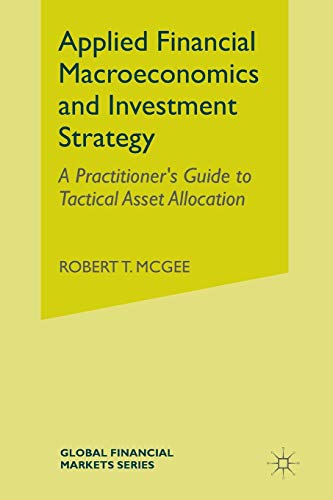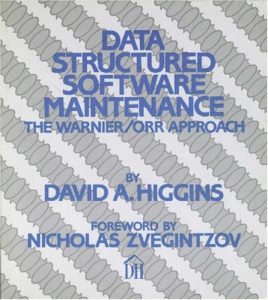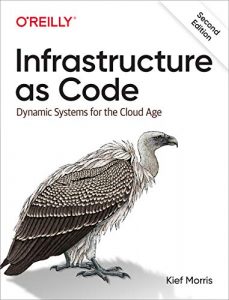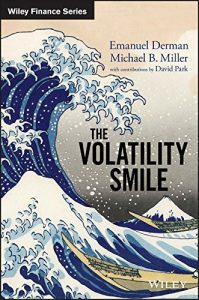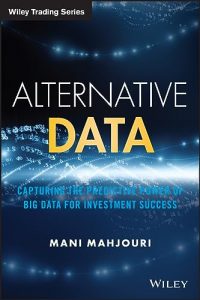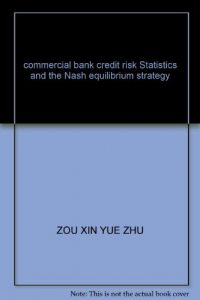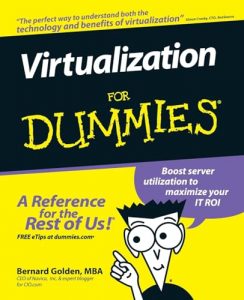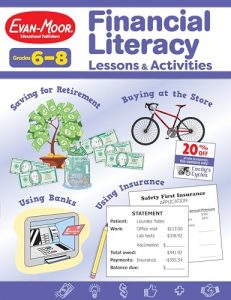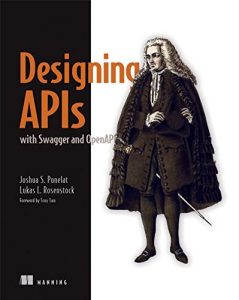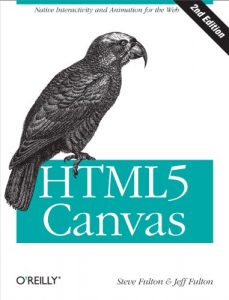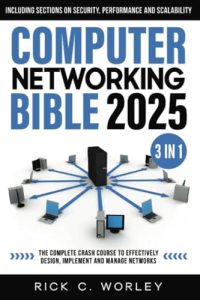10 Must-Read Books for Mastering Asset Allocation and Investment Strategies
Asset allocation is a crucial aspect of investment strategy that can significantly impact your financial success. Whether you’re a seasoned investor or just starting your financial journey, these ten essential reads will deepen your understanding and help you navigate the complex world of investments.
1. Applied Financial Macroeconomics and Investment Strategy: A Practitioner’s Guide to Tactical Asset Allocation
By Robert T. McGee, this insightful book presents the concepts of tactical asset allocation through a practical lens. McGee intertwines theories of financial macroeconomics with actionable investment strategy, making it a must-read for those looking to apply theoretical knowledge to real-world scenarios. The clarity of his prose, combined with numerous examples, ensures that readers can grasp even the most complex concepts in asset allocation. This book is particularly beneficial for financial practitioners who desire to enhance their strategic approach to investing.
2. Asset Allocation, 4th Ed
Roger Gibson’s “Asset Allocation” is a definitive guide that integrates both theory and practical strategies. This fourth edition updates its content to reflect current market conditions, providing readers with a comprehensive tool to optimize their portfolios. Gibson emphasizes long-term investing and the importance of balancing risk and return through various asset classes. The engaging writing style, bolstered by research-backed insights, makes this book essential for anyone serious about building a robust investment portfolio.
3. Balanced Asset Allocation: How to Profit in Any Economic Climate
In this book, Alex Shahidi and Bill Lee guide readers through the principles of balanced asset allocation that can translate to profits regardless of market conditions. With a refreshing approach, they tackle various economic scenarios and how to adjust asset allocations accordingly. Their detailed strategies, grounded in real-world market fluctuations, make this an essential read for adaptive investors aiming to stay ahead of the curve. A pragmatic perspective combined with accessible language makes this book particularly valuable.
4. Beyond Diversification: What Every Investor Needs to Know About Asset Allocation
Sébastien Page challenges the traditional paradigm of diversification in investment. His book, “Beyond Diversification,” invites readers to rethink their asset allocation strategy. By providing a blend of theoretical underpinning and empirical research, Page articulates the need for a more nuanced understanding of risk and returns, particularly in today’s unpredictable markets. This book is not only educational but also transformative, pushing investors to refine their strategies for better outcomes.
5. The Little Book of Common Sense Investing
Written by investing legend John C. Bogle, this book is a masterclass in the philosophy of low-cost investing. Through practical advice and straightforward language, Bogle presents a compelling case for index fund investing as the simplest and most effective long-term strategy. With insights on how to attain fair share of stock market returns, this book is critical for both novice and experienced investors looking to enhance their approach without overcomplicating their strategy.
6. Dynamic Asset Allocation: Modern Portfolio Theory Updated for the Smart Investor
James Picerno’s “Dynamic Asset Allocation” offers an updated perspective on Modern Portfolio Theory, introducing practical methods for implementing a dynamic investment strategy. Picerno emphasizes the necessity of responsiveness to market fluctuations and changing economic conditions, presenting his ideas in a structured manner that encourages readers to apply them to their investment practices. By blending theory with actionable strategies, this book is indispensable for smart investors seeking to harness modern principles effectively.
7. Asset Allocation and Private Markets
This collaborative work by Cyril Demaria and his co-authors examines the intersection of private markets and asset allocation. With the rise of private equity and other private assets in investment strategies, this book is timely and essential for modern investors looking to diversify into private market opportunities. It thoughtfully explores complex topics while providing practical advice, making it a crucial addition to any investor’s library.
8. Adaptive Asset Allocation
In “Adaptive Asset Allocation,” Adam Butler, Michael Philbrick, and Rodrigo Gordillo present a dynamic strategy that emphasizes responsiveness to changing economic conditions. Their focus on global markets and adaptive strategies provides eye-opening insights for investors eager to refine their asset allocation. With contemporary relevance and a thorough theoretical foundation, this book serves as a roadmap for profit-driven investing at all times.
9. Strategic Asset Allocation
John Y. Campbell and Luis M. Viceira delve into strategic asset allocation in their comprehensive guide, offering insight into establishing long-term investment strategies that balance risk and return effectively. This book is rich with academic rigor and real-world application, making it a fantastic reference for financial professionals and individual investors alike. Their balance of theory and practice makes this an enriching resource for anyone looking to solidify their investment philosophy.
10. Modern Asset Allocation for Wealth Management
David M. Berns introduces readers to contemporary approaches to asset allocation within wealth management contexts. This book merges academic insights with practical advice, guiding wealth managers and individual investors in optimizing their asset selection. Berns’ clear exposition of complex theories makes this book accessible, ensuring that readers can implement strategies that align with their financial goals. It’s essential for those looking to adapt traditional wisdom for modern markets.
These ten books collectively provide a robust foundation in asset allocation theory and practice, equipping you with the knowledge necessary for successful investing. Whether you’re looking to refine your current strategies or explore new methodologies, each title brings a unique perspective that can enhance your financial competence.

